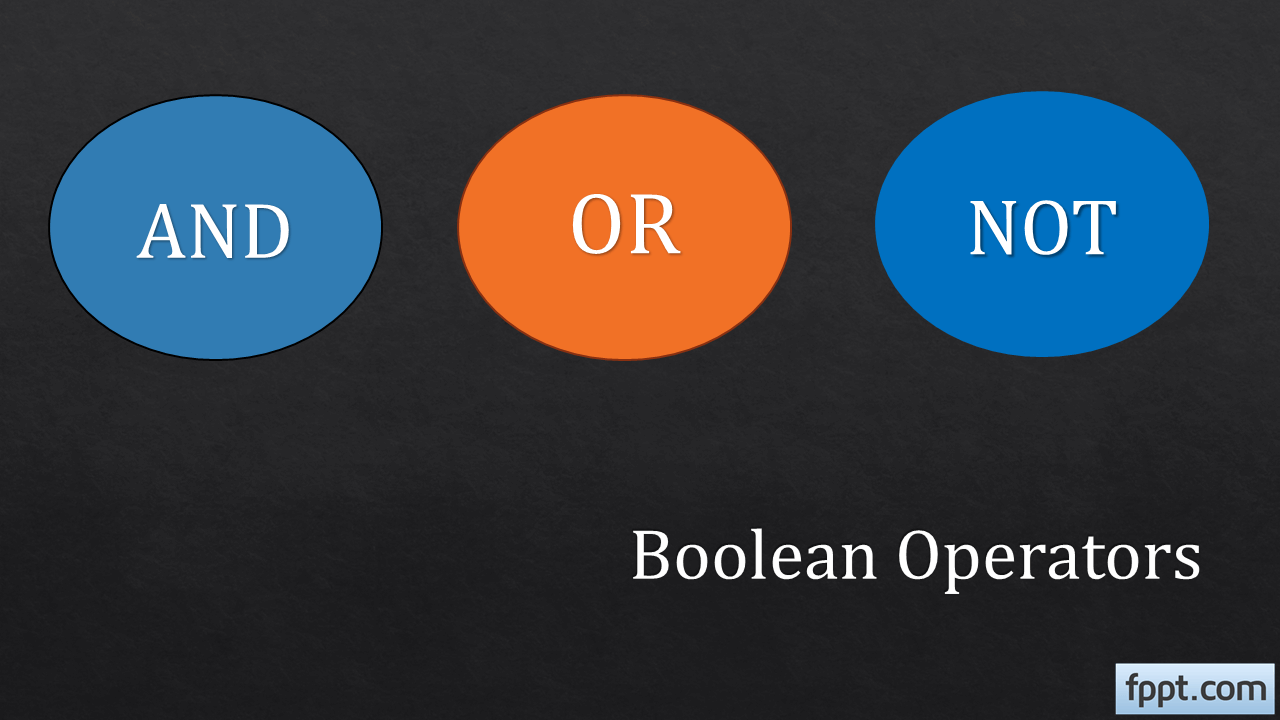
By putting (” “) marks around “Schreiber Foods” I told Google that I wanted the three words to be treated as one word and to eliminate all references for the word combination. Notice I did not put a minus sign in front of “-Pablo Schreiber.” By simply putting a minus sign in front of “-Pablo,” I eliminated most of those references. Rather than trying to eliminate all the unwanted pages at once, I quickly glanced at my returns and was able to decide which pages I didn’t want. Search 4: Schreiber-“Schreiber Foods” -Pablo -Pediatric.Search 3: Schreiber -“Schreiber Foods” -Pablo.I can eliminate all these references from the search query within a few seconds. For example, when I construct a search query on my last name Schreiber, I get results for “Schreiber Foods”, “Pablo Schreiber”, and “Schreiber Center for Pediatric Development”. You can reconfigure the search and start over, wade through the search results or use the (-) operator. In the course of any Google search, you will find page returns that you don’t want. If you use the minus sign with several words, there needs to be a space between the word and the next word. The Google search query for the minus operator can be written in the following variations: The (-) NOT operator is a special command that removes/excludes pages that mention a specific term from your search results. The following search will find either “Germany” or “Austria” or both terms (Text)|(Text) (The | (vertical bar) need not be surrounded by spaces.).The Google search query for the OR operator can be written in the following variations: The Google search will return ‘sparrow’ or ‘robin’ or ‘sparrow and robin’. You can have ‘this’ OR ‘that’ as in ‘sparrow OR robin’. OR operator broadens the search and retrieves records containing any of the words it separates. Search 5: Richmond Virginia Johnson family genealogy.When I placed “Richmond Virginia” at the front of the query, I saw many of the same pages returned, but it reordered and presented new pages and found exactly what I was looking for within the first five pages. I continued to reorder words and see if that made a difference. Search 4: Johnson family genealogy Richmond Virginia.Search 3: Johnson family genealogy Virginia.The more words I added, the better my search results because Google was looking for those words on the web page. For example, I started a Google search with “Johnson family.” As I looked at the results, I continued to add more words to help refine my search. It is often thought that you will get more results by adding more words to a Google search. Adams genealogy Arizona (This variation is preferred.).The Google search query for the AND operator can be written in the following variations: Every space is an “implied AND,” and you don’t have to type it, as every blank space is interpreted as an AND operator. Search for two or more concepts that interest you by combining descriptive keywords. If you are retrieving too few records on your topic, try adding another search term with the connector OR.ĪND operator narrows a search by telling Google that ALL keywords used must be found in a page in order for it to appear in your results list. If you retrieve too many records on an unrelated topic, try eliminating a word with the connector NOT. Too many records on an unrelated topic.

If you are retrieving too many records on your topic, try adding another search term with the connector AND. Consider using Boolean Operators as follows: NOT-Narrow the search and retrieve records that do not contain the term following it.Įxamples of when to use Boolean Operators.The ‘|’ and ‘ ’ can be used instead of ‘or’ (e.g., ‘mouse | mice | rat’ is equivalent to ‘mouse or mice or rat’ is equivalent to ‘mouse mice rat’). OR-Broaden the search and retrieve records containing any of the words it separates.AND-Narrow the search and retrieve records containing all of the words it separates.


 0 kommentar(er)
0 kommentar(er)
